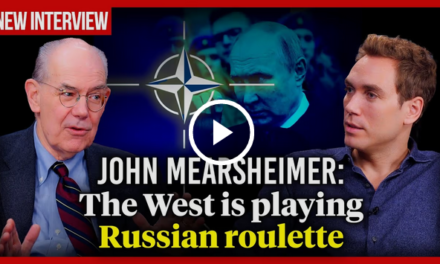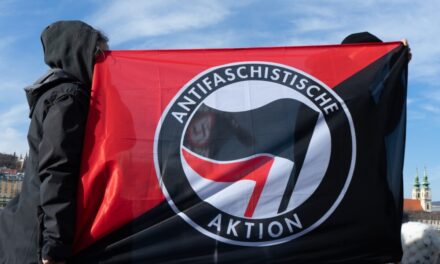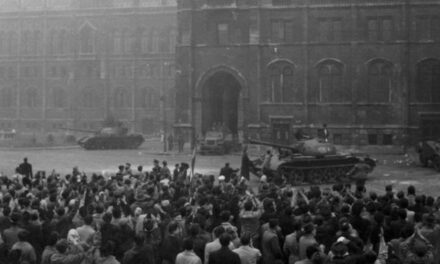As you sow, so shall you reap! The more you read about the privatization of Ukrainian agriculture - and who are its beneficiaries - the more layers of meaning this saying can reveal. The small details of how the big American agribusiness, characterized by the names of Cargill, DuPont or Monsanto, first acquired an interest in Ukrainian agriculture by evading the moratorium that still prohibited the acquisition of property by foreigners at the time - let's add that one or two Westerners are also familiar with genetically modified technologies - next to a European company.
And secondly, how did the multinational companies, under the presidency of the trusted man of the West, Volodymyr Zelensky, already acquire land ownership in the former pantry of the Soviet Union, where everything good grows on the chernozem, on tens of millions of hectares of excellent black soil, which is a stimulus to our eyes and mouth. Ukraine's production of corn, wheat and barley is also significant, and it accounts for almost a third of the world's production of sunflower oil.
According to some sources, giant multinational companies - and the investors and funds behind them - own 28 percent of the arable land, but more modest ones also write about several million hectares. The US State Department, the International Monetary Fund and the World Bank urged the transfer of Ukrainian lands to foreigners - let's mention: the Chinese were also on the lookout. The Ukrainians resisted for a long time, but not under Zelensky. They were already very afraid of the Russians, they became vulnerable, and help has a price, they didn't guard Christ's coffin for free either.
All this is the result of a long process - if anyone insists on a source with a reliably "progressive" pedigree, read the 2014 report by the Oakland Institute of California ("Corporate Takeover of Ukrainian Agriculture"). But now, in times of war, this question becomes particularly interesting, because it sheds new light on the geopolitical grand total. While in many places we read nothing but Russian aggression - which really exists - and the West, which supplies weapons as a good peace fighter, likes to play the role of the benevolent defender of the victim, the long-awaited Russian-Ukrainian grain delivery agreement, for example, takes on a new meaning in the light of the encroachment of Ukrainian land. which - again only really - can save masses from starvation. It doesn't matter, of course, where the cash register rings.
The full article of Magyar Nemzet can be read here.
Author: László Szőcs
Image: MTI/EPA












